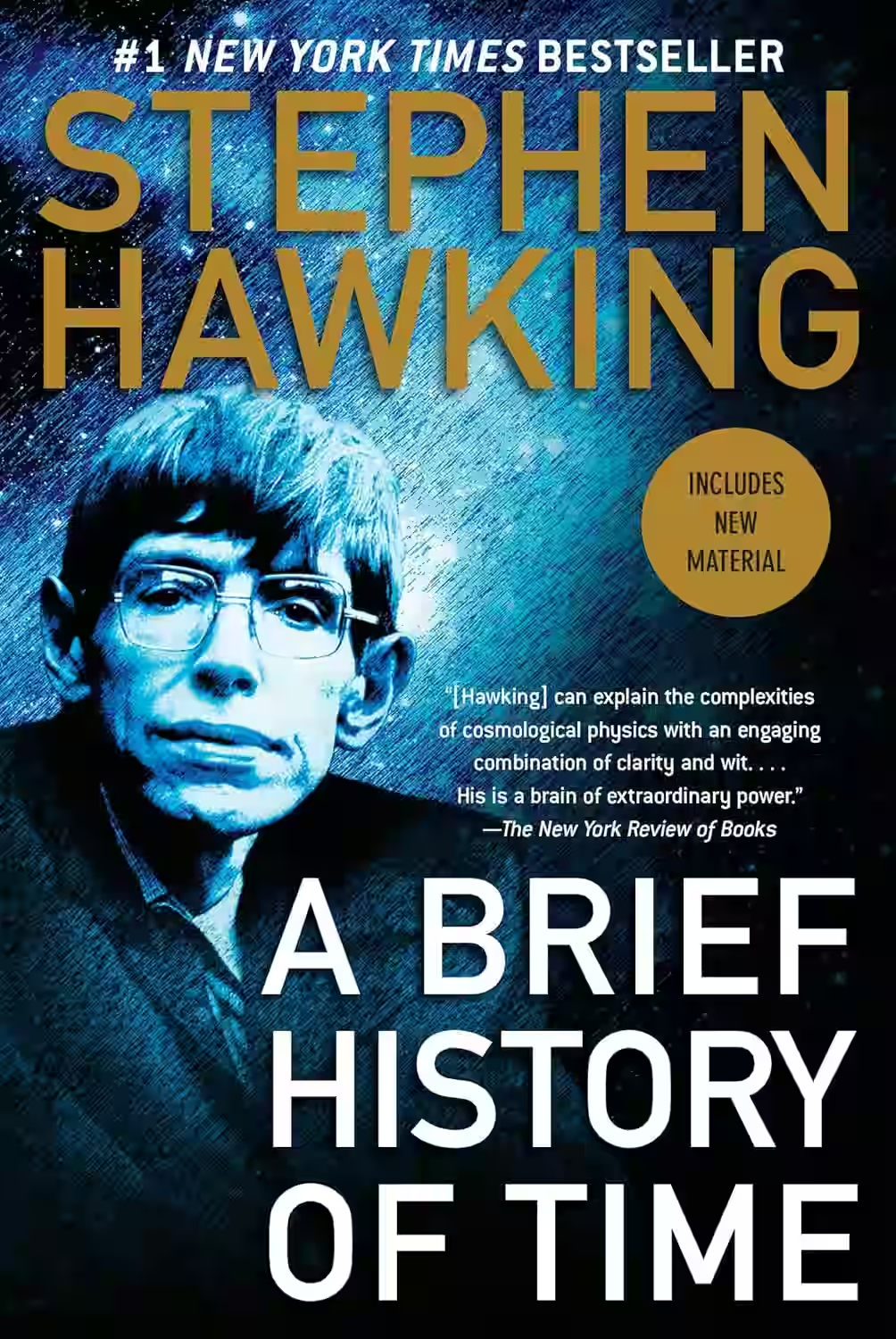
Was there a beginning of time? Could time run backwards? Is the universe infinite or does it have boundaries? These are just some of the questions considered in the internationally acclaimed masterpiece by the world renowned physicist - generally considered to have been one of the world's greatest thinkers. It begins by reviewing the great theories of the cosmos from Newton to Einstein, before delving into the secrets which still lie at the heart of space and time, from the Big Bang to black holes, via spiral galaxies and strong theory. To this day A Brief History of Time remains a staple of the scientific canon and its succinct and clear language continues to introduce millions to the universe and its wonders.
About Stephen Hawking
A groundbreaking British theoretical physicist and cosmologist, renowned for his significant contributions to our understanding of black holes and the origins of the universe. Despite being severely disabled by motor neurone disease, his intellectual brilliance shone through in his accessible popular science books, such as A Brief History of Time, which brought complex scientific concepts to a global audience. Hawking's unwavering curiosity and determination inspired millions, solidifying his status as an iconic figure in science.
Other Books by Stephen Hawking
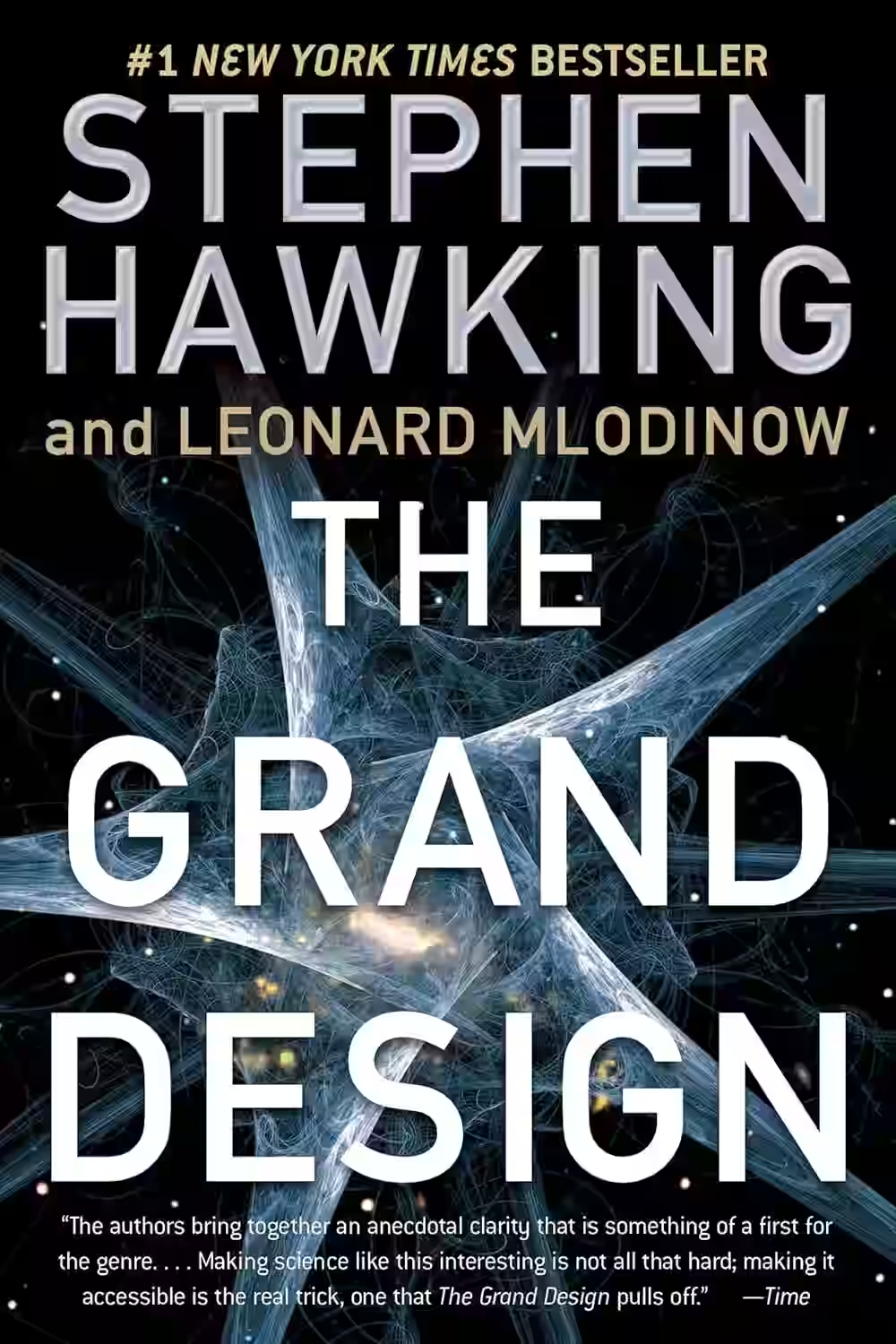
The Grand Design
In 'The Grand Design' by Stephen Hawking, the renowned physicist and author explores the origins of the universe and the fundamental laws that govern it. Through a mix of scientific theories and philosophical reflections, Hawking delves into complex concepts like quantum mechanics and string theory, presenting them in a way that is accessible to readers of all backgrounds. He challenges traditional views on the existence of a divine creator and offers a compelling argument for the universe's spontaneous creation. This thought-provoking book not only stimulates the intellect but also invites readers to ponder the nature of reality and our place within it.
Similar Books
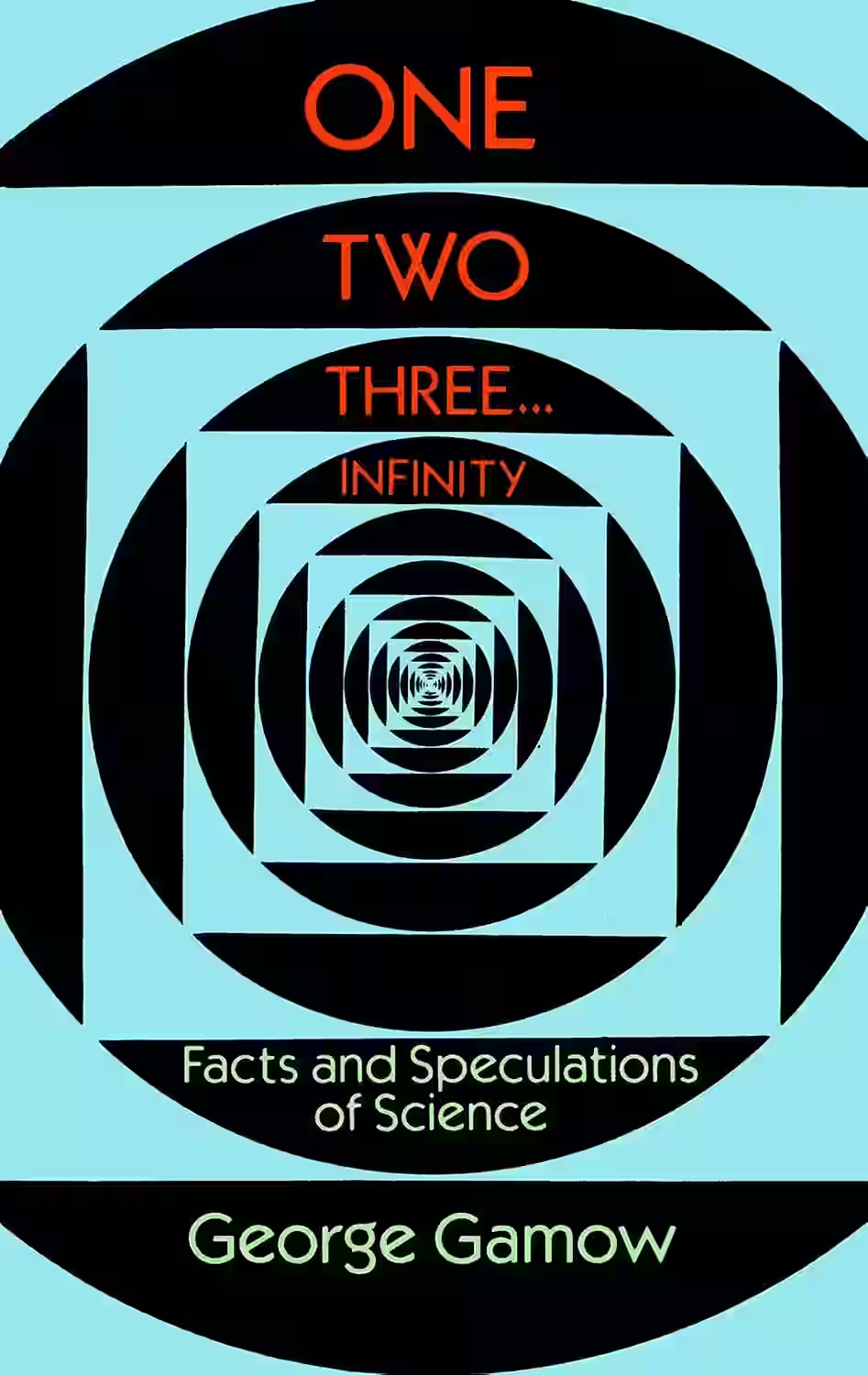
One, Two, Three... Infinity
by George Gamow
This classic science book offers a playful, accessible exploration of fundamental concepts in math and physics. George Gamow—a theoretical physicist and gifted writer—explains topics like infinity, relativity, atomic structure, and probability with humor and clarity. Written for a general audience, the book makes abstract ideas tangible through thought experiments and analogies. First published in 1947, it remains a beloved introduction to scientific thinking and curiosity. Gamow’s enthusiasm for discovery is infectious, making this an inspiring read for both students and adults interested in the wonder of the universe and the logic that underpins it.
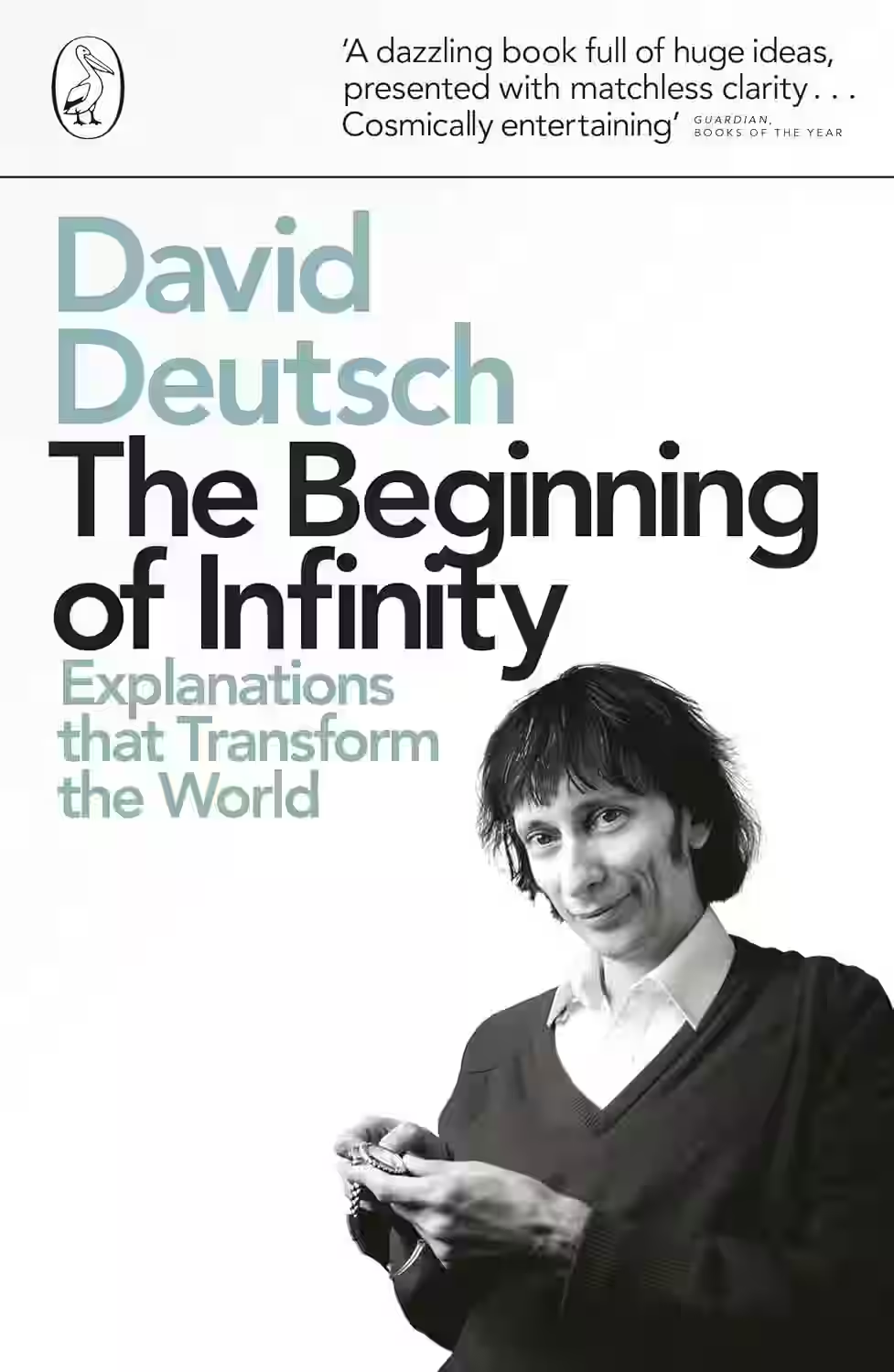
The Beginning of Infinity
David Deutsch's The Beginning of Infinity explores the boundless potential of human knowledge and progress. He argues that through better explanations and critical thinking, humanity can solve problems previously deemed unsolvable. The book delves into topics like quantum physics, philosophy, and the nature of scientific discovery, emphasizing that there are no inherent limits to what we can understand. Deutsch posits that with the right knowledge, we can achieve infinite progress, making this work a profound examination of human potential and the transformative power of ideas.
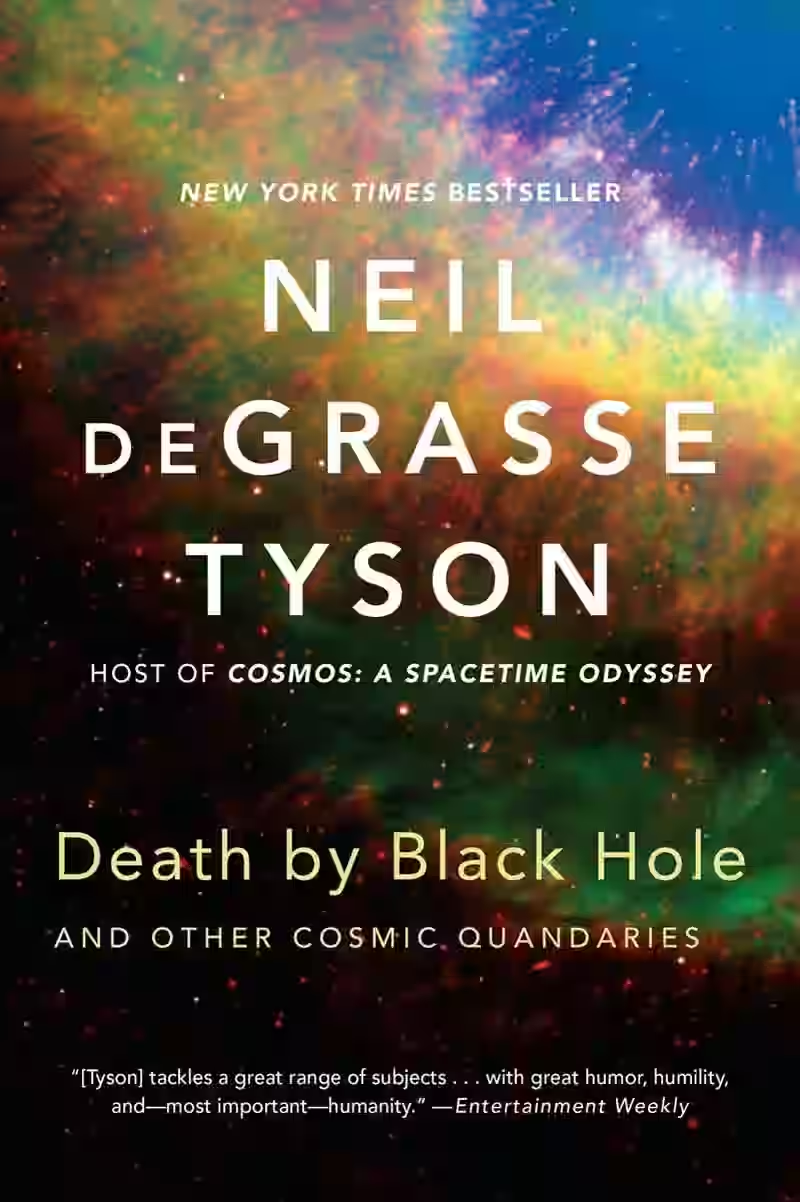
Death by Black Hole
In 'Death by Black Hole', Neil deGrasse Tyson explores the wonders of our universe with a mix of awe-inspiring science and engaging storytelling. From the violent cosmic collisions to the mysteries of black holes, Tyson takes readers on a journey through space and time, unraveling complex concepts with clarity and humor. With thought-provoking essays on topics like the search for extraterrestrial life and the nature of reality, this book offers a captivating blend of astrophysics and philosophy. Tyson's passion for science shines through, making this a must-read for anyone curious about the mysteries of the cosmos.
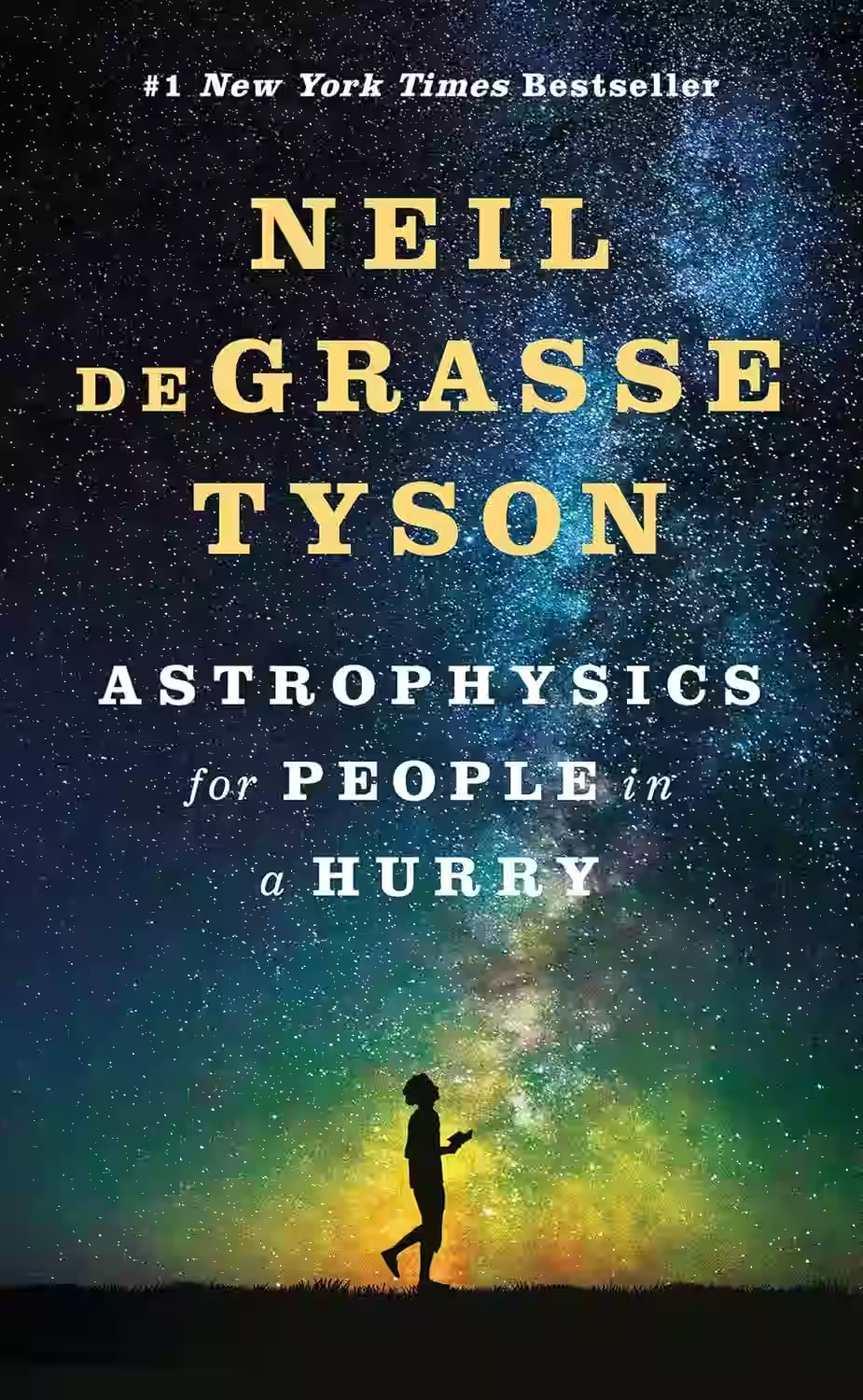
Astrophysics for People in a Hurry
Neil deGrasse Tyson's 'Astrophysics for People in a Hurry' is a captivating exploration of the vast cosmos condensed into a digestible and easy-to-understand format. Through his engaging prose, Tyson delves into complex astrophysical concepts such as the Big Bang, black holes, and dark matter, making them accessible to readers without a scientific background. The book seamlessly combines history, science, and philosophy to paint a comprehensive picture of the universe's mysteries and wonders. Tyson's wit and clarity shine through, making this book not only educational but also entertaining. 'Astrophysics for People in a Hurry' is a perfect read for anyone seeking a quick yet enlightening journey through the cosmos.